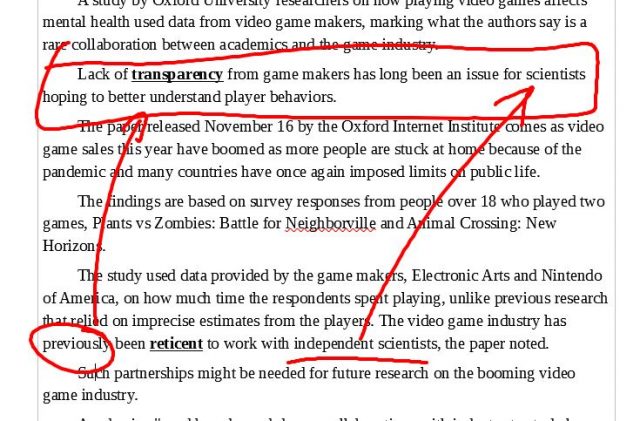We began today by going over the latest article of the week, looking at a complete of connections that I wanted students to make within the text.

Afterward, we returned to the work of tracking down some of the ways that Shakespeare has characters start echoing each other. For example, we covered this unique echo:
| Excerpt 1 | Parallel from Play |
| Come, gentle night, come, loving, black-brow’d night, Give me my Romeo; and, when he shall die, Take him and cut him out in little stars, And he will make the face of heaven so fine That all the world will be in love with night And pay no worship to the garish sun. O, I have bought the mansion of a love, But not possess’d it, and, though I am sold, Not yet enjoy’d: so tedious is this day As is the night before some festival To an impatient child that hath new robes And may not wear them. |
Two of the fairest stars in all the heaven, Having some business, do entreat her eyes To twinkle in their spheres till they return. What if her eyes were there, they in her head? The brightness of her cheek would shame those stars, As daylight doth a lamp; her eyes in heaven Would through the airy region stream so bright That birds would sing and think it were not night. |
They’re both comparing the other in terms of brightness so intense that it would overpower the night and turn it into daytime. There are a few differences, though:
- Juliet frames it in the future (Romeo’s death) whereas Romeo frames it in the present. This reflects their personalities as well.
- Juliet begins to hint at the coming conclusion of the play. “Death is just around the corner for them both,” I reminded them.

I’m tempted to give a little spoiler tomorrow as we finish act 3 and Romeo climbs out of the house in a sort of bookend balcony scene: “This is the last time they will see each other alive.” Tempting…
0 Comments